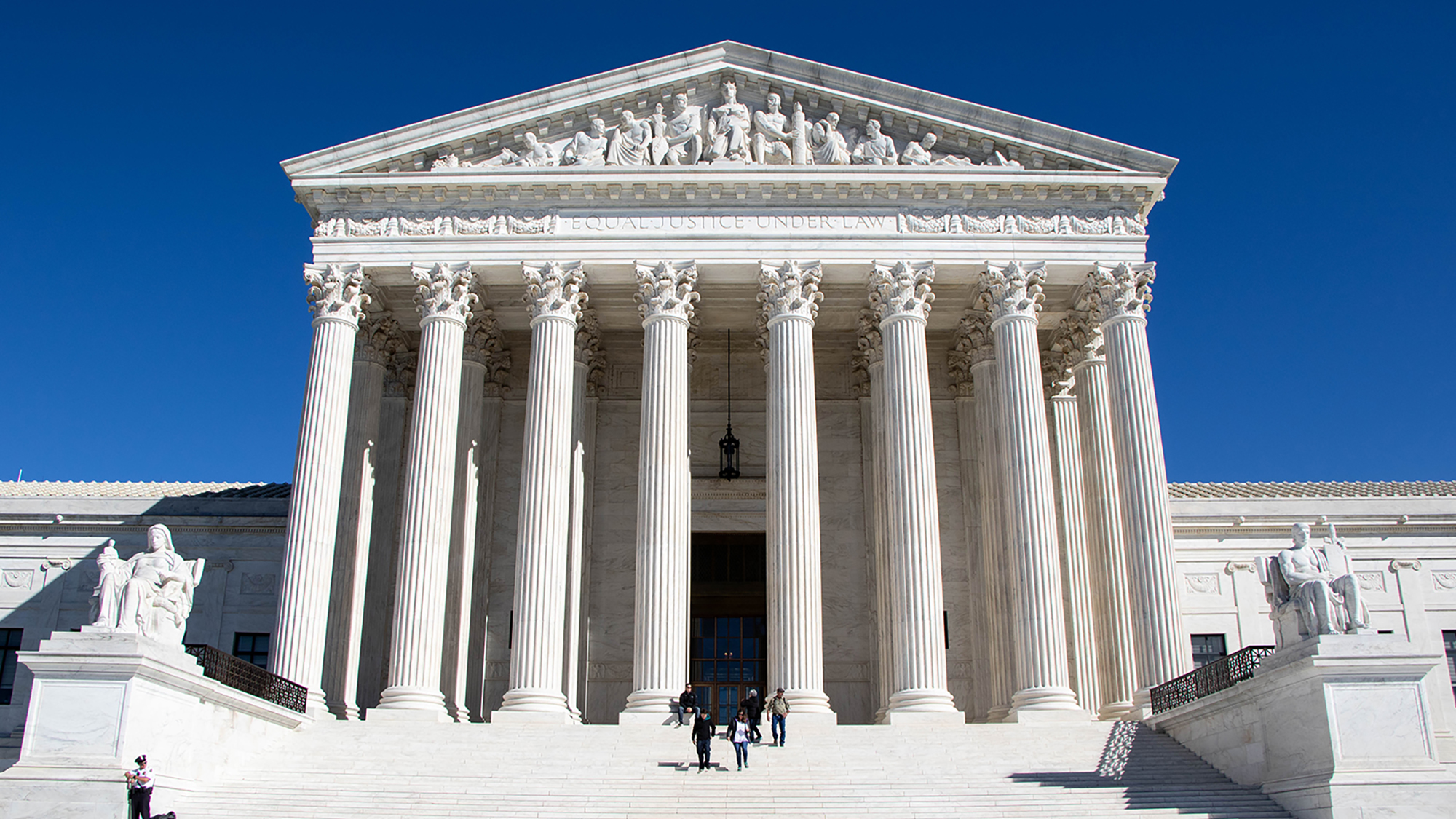Views expressed in opinion columns are the author’s own.
Out of all the instances when Republicans have tried to take away the right to affordable health care, I think the middle of a pandemic wins for the worst timing. The Affordable Care Act is once again being challenged, with the Supreme Court set to hear oral arguments on its constitutionality on Nov. 10. The recent confirmation of Amy Coney Barrett solidifies the court’s conservative majority, placing the ACA at risk of getting repealed.
The goal of the ACA — also known as Obamacare — is to make affordable health care available to more Americans. Since it was passed in 2010, 23 million people have gained coverage, and the number of college students without health insurance has been cut in half. Repealing it could be detrimental to college students, whether they rely on federal programs or their parents’ plans for health insurance. I’d like to explore three of the most consequential components of the ACA that would impact students if it were repealed.
The first component is the mandate that restricts insurance companies from altering rates based on the current health of the individual buying insurance. If the ACA is repealed, insurance companies would no longer be forced to cover preexisting conditions. And college students with preexisting conditions wouldn’t just be at risk of losing coverage — they’d also face more difficulties finding new, affordable insurance afterward, due to the elimination of the individual mandate.
The individual mandate, which required most people to purchase health care or pay a penalty, was essential in maintaining a stable and affordable health care market. By requiring healthy people pay for insurance in one way or another, the law prevented premiums from shooting up. However, the mandate was effectively repealed in 2017 when Republicans in Congress used tax legislation to change the penalty for not having health insurance to $0. Without this penalty, an unstable insurance market now affects anyone buying health insurance, in addition to any sick students who may not be able to afford expensive premiums.
Next is the mandate that allows young adults under 26 years old to stay on their parents’ insurance plan. For students who are fortunate enough to be on their parents’ plan, removing this mandate has enormous implications.
During school, having to worry about finding and paying for coverage can distract from getting an education. And once students transition into the workforce after graduation, it can be a struggle to get coverage if you do not have a job. The majority of insurance coverage in the U.S. is provided by employers. An unstable job market makes it hard to get a job, which then limits coverage options.
And third, we have the expansion of Medicaid, which has been adopted by 38 states and Washington, D.C. In states that have expanded the program, adults can qualify for coverage based on income alone; anyone whose income is below 133 percent of the federal poverty level qualifies. Since the passage of the ACA, the share of students enrolled in Medicaid has increased by five percentage points. Therefore, overturning the expansion of Medicaid would have a direct impact on these students — students whose incomes are already low enough that other insurance plans may not be affordable.
While only the individual mandate is being considered in the Supreme Court next month, Republicans are arguing that due to the unconstitutionality of the individual mandate, the entire ACA must fall. If the entire act gets repealed, then all of the mandates I discussed would be overturned as well.
Students at the University of Maryland have expressed their fears about the ACA getting repealed. Scrambling to find and pay for health insurance while also trying to get an education is not necessarily an easy task, especially when COVID-19 is still so prominent on college campuses. Student populations who are particularly at risk for COVID-19 — including students with preexisting conditions and students of color — may be disproportionately affected by repealing the ACA. Without the security of affordable health insurance, getting sick becomes an extremely scary prospect.
There’s a depressing irony in trying to destroy accessible health care during a pandemic that has already killed hundreds of thousands of Americans. Protecting the ACA will ultimately help ensure that health care is not a privilege, but a human right.
Allison Cochrane is a senior biology major. She can be reached at allisonc@umd.edu.



